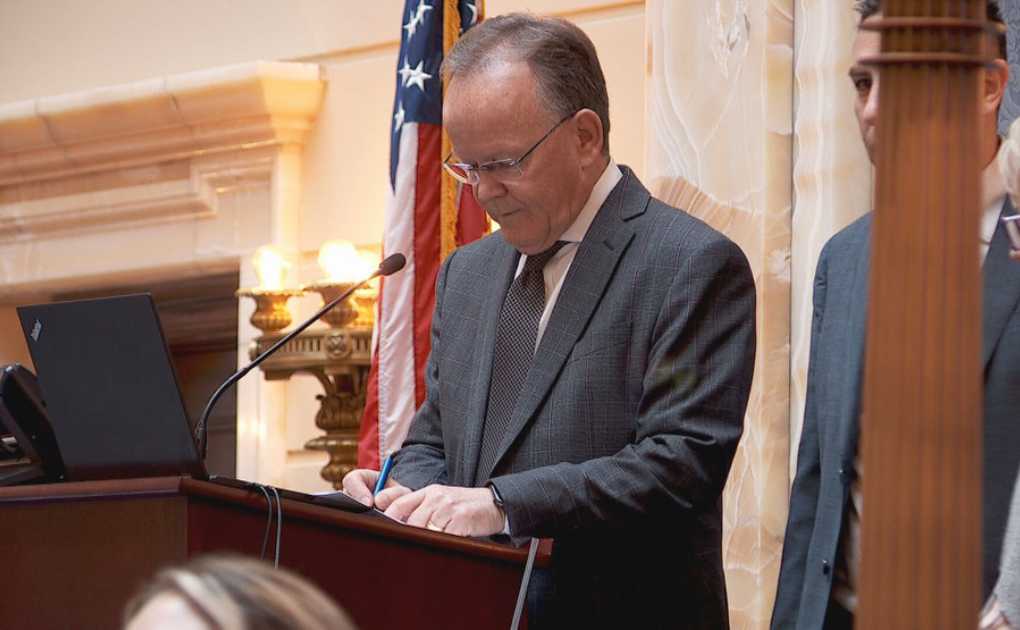
Utah lawmakers said they’re expecting a long debate process Wednesday as the state’s senate debates a proposed law that would, among other things, bar transgender residents and visitors from using public restrooms that don’t align with the sex on their birth certificates.
The major theme of H.B. 257, titled the “Sex-Based Designations for Privacy, Anti-Bullying, and Women’s Opportunities,” is “to preserve the individual privacy of male and female” individuals in public bathrooms or showers where a reasonable expectation of privacy is expected, with a focus on people who are transgender.
The bill specifies that people who are accused of not being “eligible to access and use a sex-designated privacy space” will have to defend themselves with either an unamended birth certificate proving they are either male or female, or documentation of gender-affirming surgery “that is consistent only with the sex designation of the privacy space,” according to the bill.
According to the legislations’ section titled “Sex-based Distinctions in Privacy Spaces”
“… To preserve the individual privacy of males and females, an individual may only access an operational sex-designated privacy space in a facility that is open to the general public if: the individual’s sex corresponds with the sex designation of the privacy space; or the individual has legally amended the individual’s birth certificate to correspond with the sex designation of the privacy space, which may be supported with a review of any amendment history.”
It sped through the Utah House process, passing out of committee and out of the House completely in a week’s time.
Senate Majority Leader Stuart Adams (R-Layton) said the bill does not restrict trans patrons from using bathrooms that best fit their gender identity, and only has an effect if that individual is in the restroom for “unintended purposes,” such as voyeurism.
Utah’s current law includes penalties and definitions for voyeurism, which range from Class A misdemeanors to second-degree felonies if the victim is a child younger than 14.
Currently, any person, regardless of gender identity, could face fines ranging from $2,500 to $10,000, and could face between one year in jail to up to 15 years in prison.



